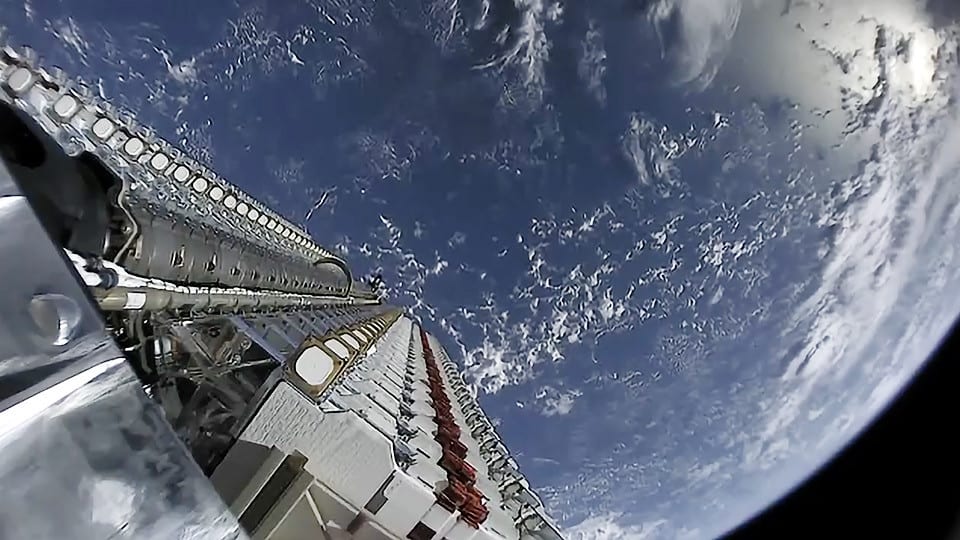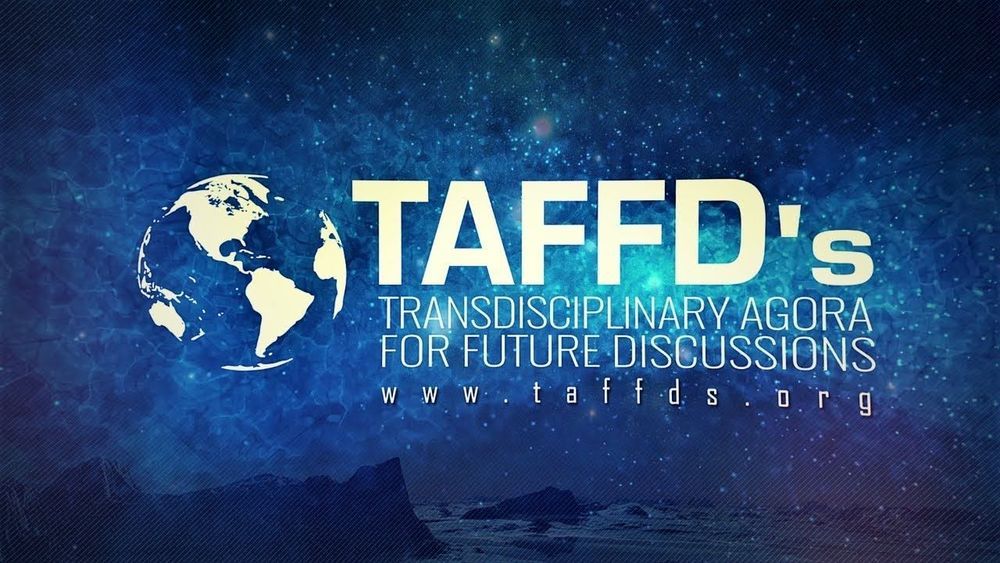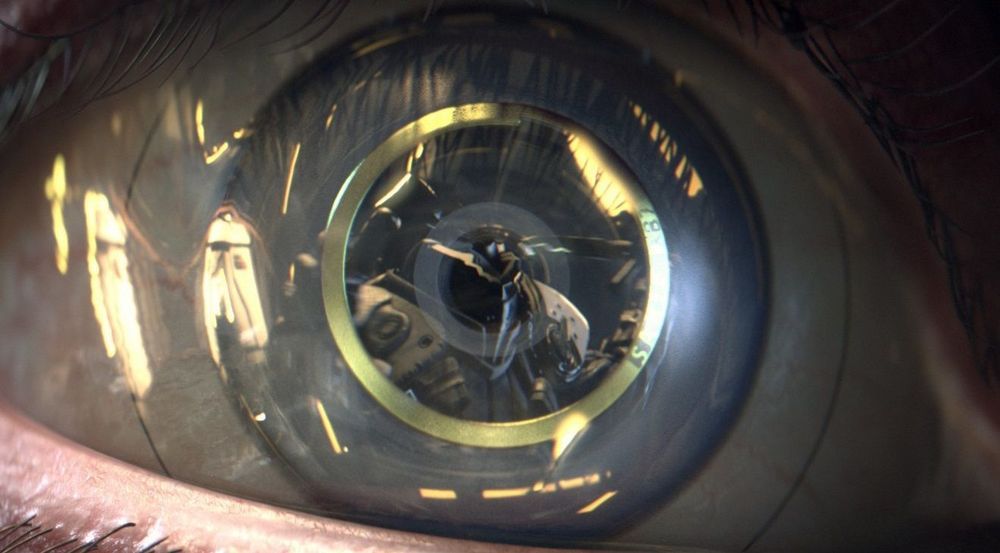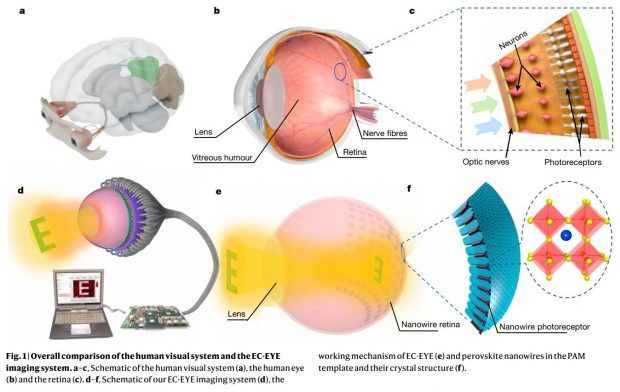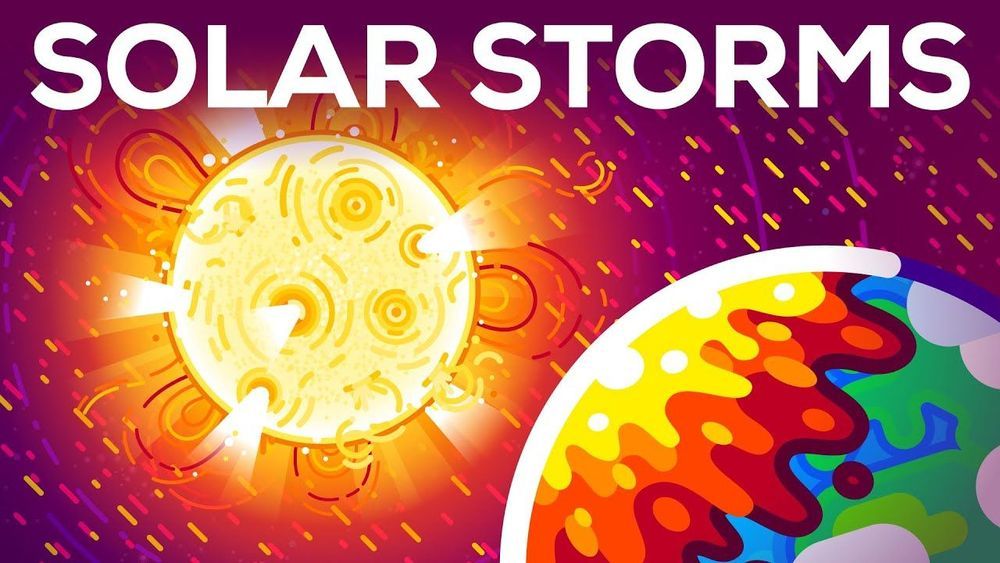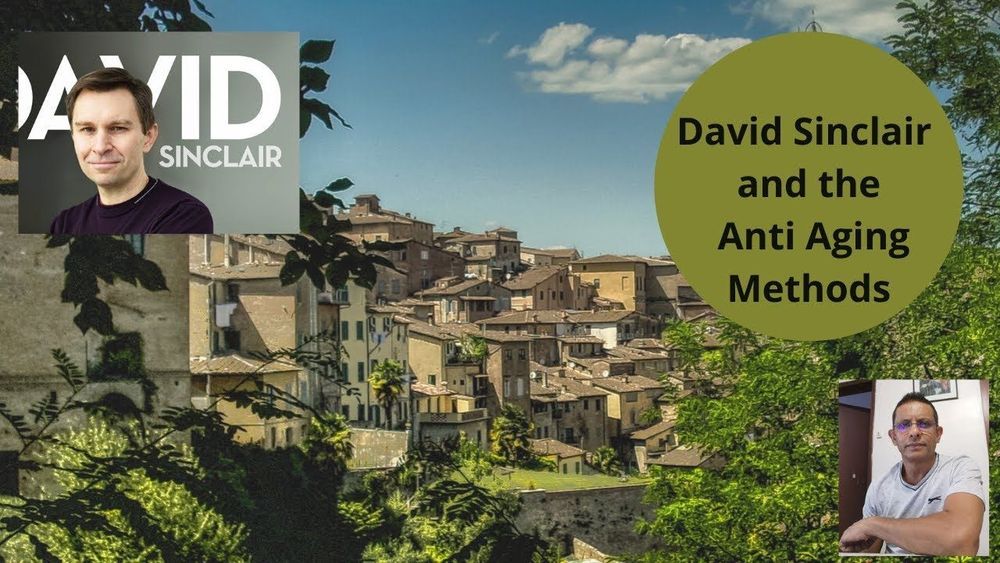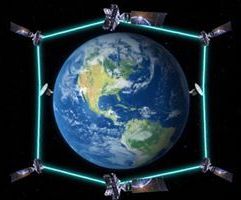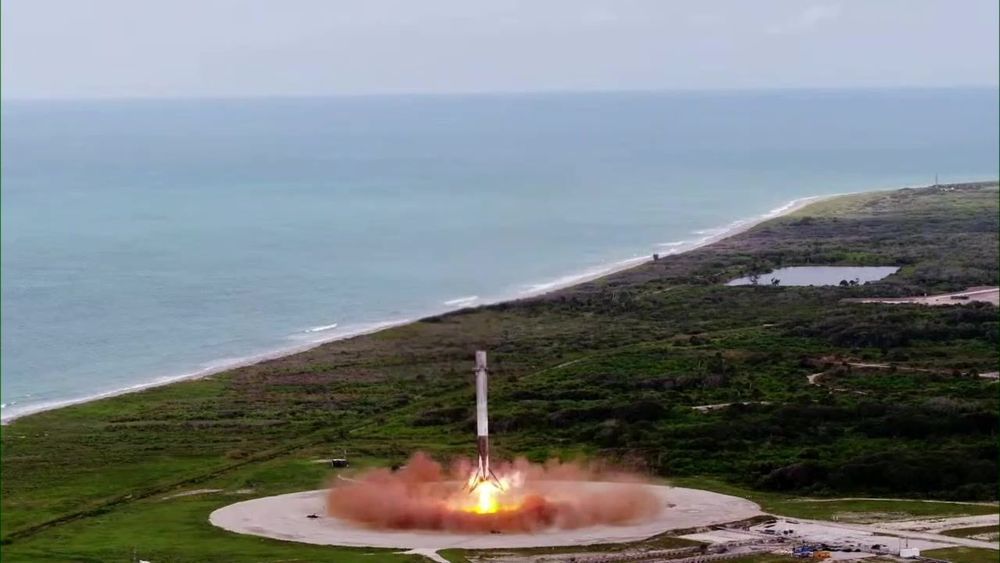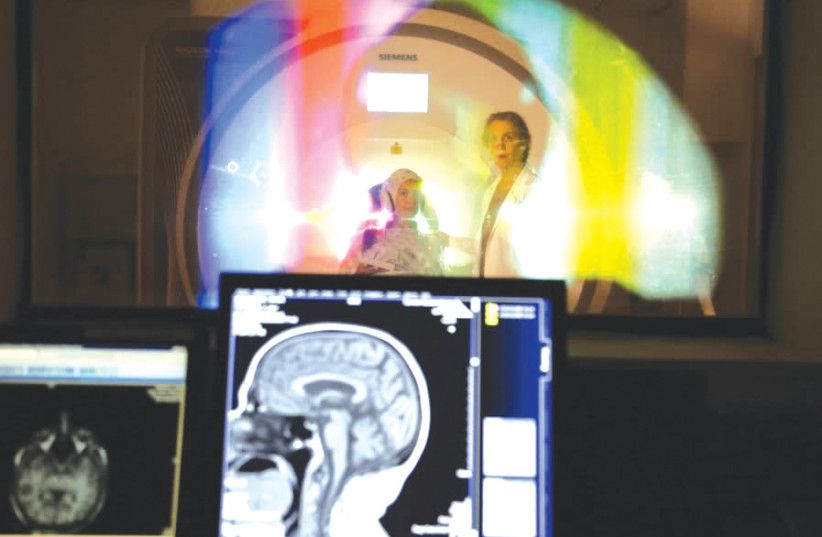Jun 13, 2020
Here’s how to find out when Elon Musk’s SpaceX may provide you with satellite internet
Posted by Genevieve Klien in categories: Elon Musk, internet, satellites
SpaceX updated the website for its Starlink satellite internet project on Friday, as the company continues to move closer to its goal of offering direct-to-consumer broadband from space later this year.
“Get updates on Starlink news and service availability in your area,” the website reads, with a submission form for an email address and zip code. The form allows prospective customers to apply for updates and access to a public beta test of the Starlink service.
